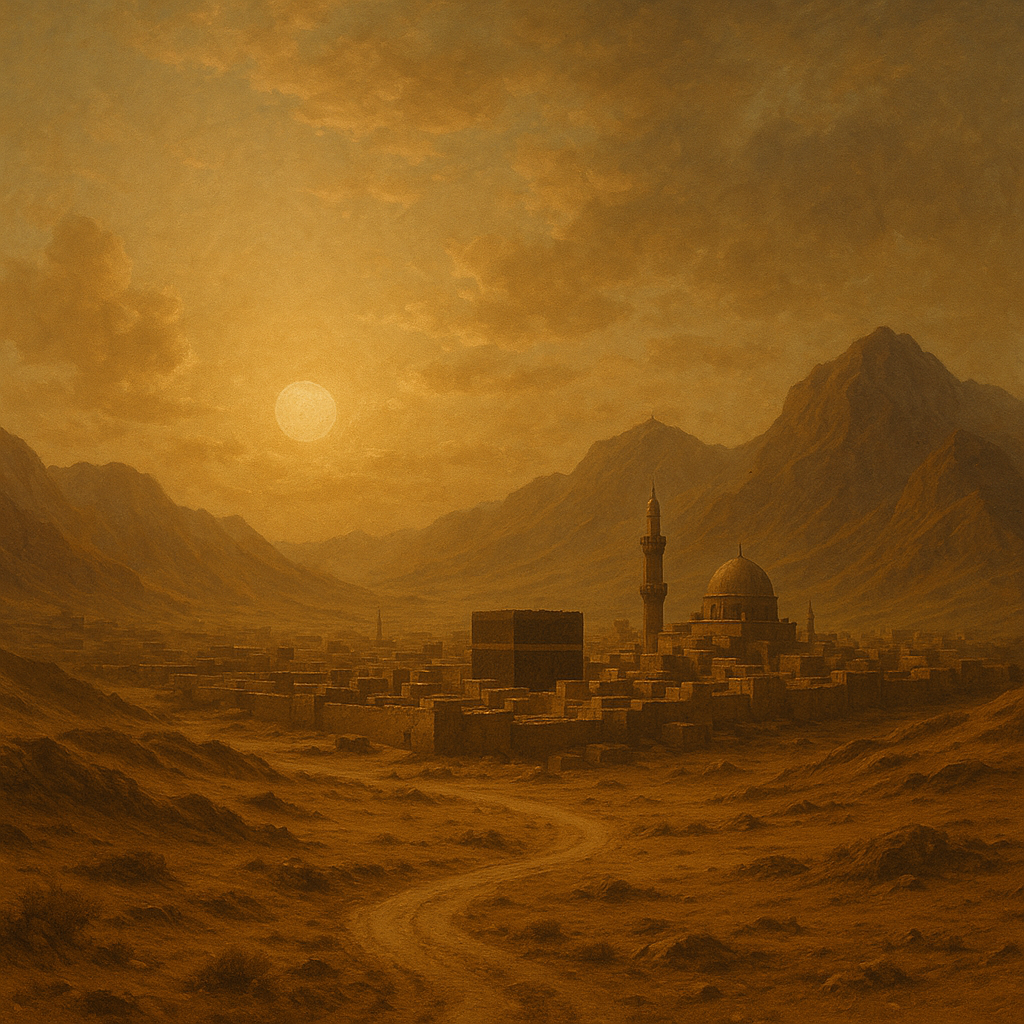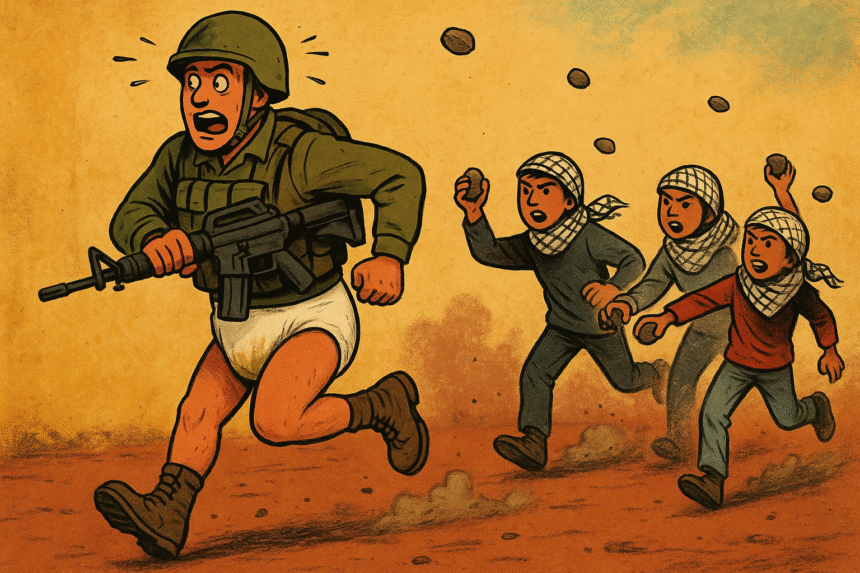There is something indescribably powerful about the human heart when it encounters sincerity. You can argue with someone’s logic, dismiss their words, or walk away from their beliefs, but you cannot escape the quiet storm of character. That was the secret of Prophet Muhammad ﷺ. His message was divine, but his method was deeply human. He didn’t conquer hearts through force, he opened them through mercy.
When you study the life of the Prophet, you begin to realize that Islam’s greatest miracle was not only in the Qur’an, but in the man who lived it. Every verse he embodied, every principle he lived. To him, kindness wasn’t strategy, it was identity.
Once, in Ta’if, when he was bleeding from head to toe after being stoned by its people, an angel offered him the chance to destroy them. He refused. Instead, he raised his wounded hands and said, “O Allah, guide my people, for they do not know.” Who forgives while in pain? Who asks for mercy for the ones who humiliated him? That is not human reaction, that is prophetic compassion.
When a Jewish neighbor’s child fell ill, the Prophet ﷺ visited him, sat beside his bed, and gently invited him to say the shahadah. The boy looked to his father, who nodded, and he accepted Islam before passing away. His father wept not in anger but in gratitude, saying, “May Allah reward you for your mercy.”
When the Quraysh finally fell and Makkah was his to reclaim, every eye waited for revenge. Years of persecution, murder, exile, and torture had led to this moment. Yet the Prophet ﷺ stood before them and asked, “What do you think I will do with you today?” They said, “You are a noble brother, the son of a noble brother.” And he replied, “I say to you as Yusuf said to his brothers: there is no blame upon you today. Go, for you are free.”
That day, the sword of mercy cut deeper than any blade ever could.
Islam spread across continents not because Muslims were loud, but because they were luminous. From the markets of Damascus to the shores of Indonesia, people embraced this faith because they met Muslims whose character mirrored the Prophet’s. Honest in trade, gentle in speech, trustworthy even in loss. They didn’t talk about Islam, they lived it.
Today, the world doesn’t need louder Muslims. It needs better ones. It needs Muslims who speak with integrity, who respond with calm, who forgive when they can punish, who smile even when the world frowns at them. Because in that moment, they are not just defending Islam, they are displaying it.
Every insult against the Prophet ﷺ is answered not by anger, but by imitation. You do not honor him by shouting in his name, you honor him by becoming like him. When he said, “The best among you are those who are best in character,” he didn’t mean just for the believers. He meant in every interaction, every marketplace, every classroom, every online comment section, every single moment where you could choose ego or grace.
Character is da’wah. Manners are worship. Forgiveness is strength.
We live in a time where Islam is often defined by those who do not understand it. Our duty is not to fight with words, but to shine with example. You cannot light up the world if you carry darkness inside your heart.
So when they mock, respond with dignity. When they hate, respond with kindness. When they lie, respond with truth. Because every time you rise above, you remind the world who the followers of Muhammad ﷺ truly are.
And maybe one day, someone will look at you, at the way you treat others, and whisper quietly,
“If this is what Islam teaches, then I want to know more.”
That is how hearts change.
Not through debate, but through character.
Not through volume, but through virtue.
Not through power, but through peace.
That is Islam.
That is the Sunnah.
That is the legacy we must live.













